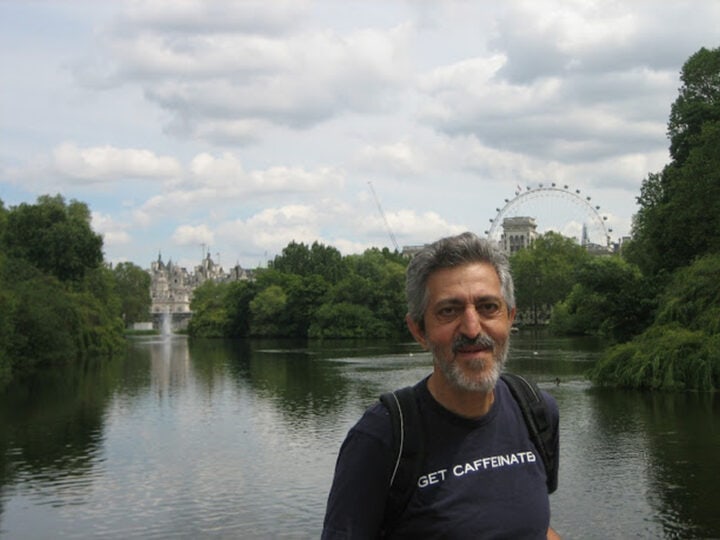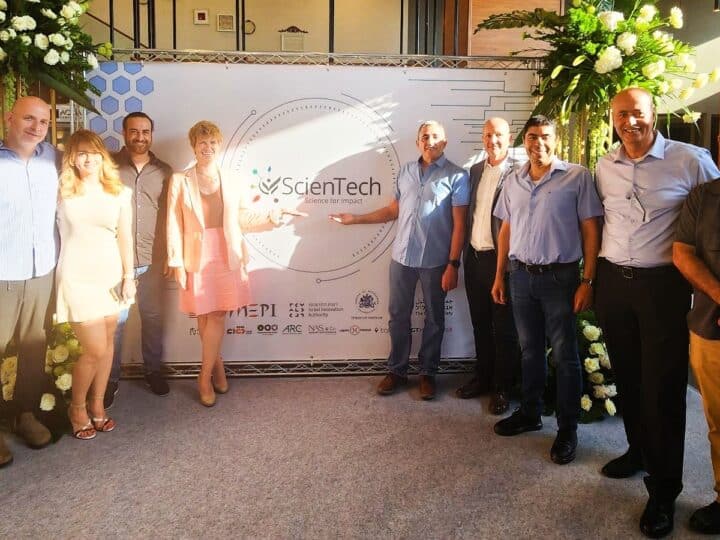Forget about evolution, climate change or vaccines – what makes people really lose their mind, apparently, is cats.
“We’ve had posts that have affected people’s lives in a very substantial way, including posts that went beyond the virtual world. People really got threats or disrespectful comments,” says Yomiran Nissan.
“For example, when we wrote about the very, very viral topic of street cats and the ecological problems that they pose. It led to a lot of anger, both virtual and in the real world.”
Nissan is the CEO of Little, Big Science, an Israeli NGO dedicated to bridging the gap between the scientific community and the general public, exposing the latter to scientific news, debates and fun facts in a direct way.
The NGO is super popular on Facebook, Twitter, Instagram and even has its own podcast, bringing its readership accurate, updated and largely Hebrew-language science in easy to digest soundbites on a variety of topics.
“Our bread and butter is the content that we publish, written by our scientists, that either examines a scientific topic or a scientific article. A scientific topic can be quantum mechanics, and then someone will write about it as a large topic, or it can cover a published scientific paper, old or new, and explain it to the public in an accessible way,” Nissan explains.
“Our goal is to take complicated, complex science and turn it into something anyone aged 16 or 17 and up, with basic scientific literacy, can understand. The goal is to get the public passionate about these things and tell the public all about this incredible human achievement called science.”
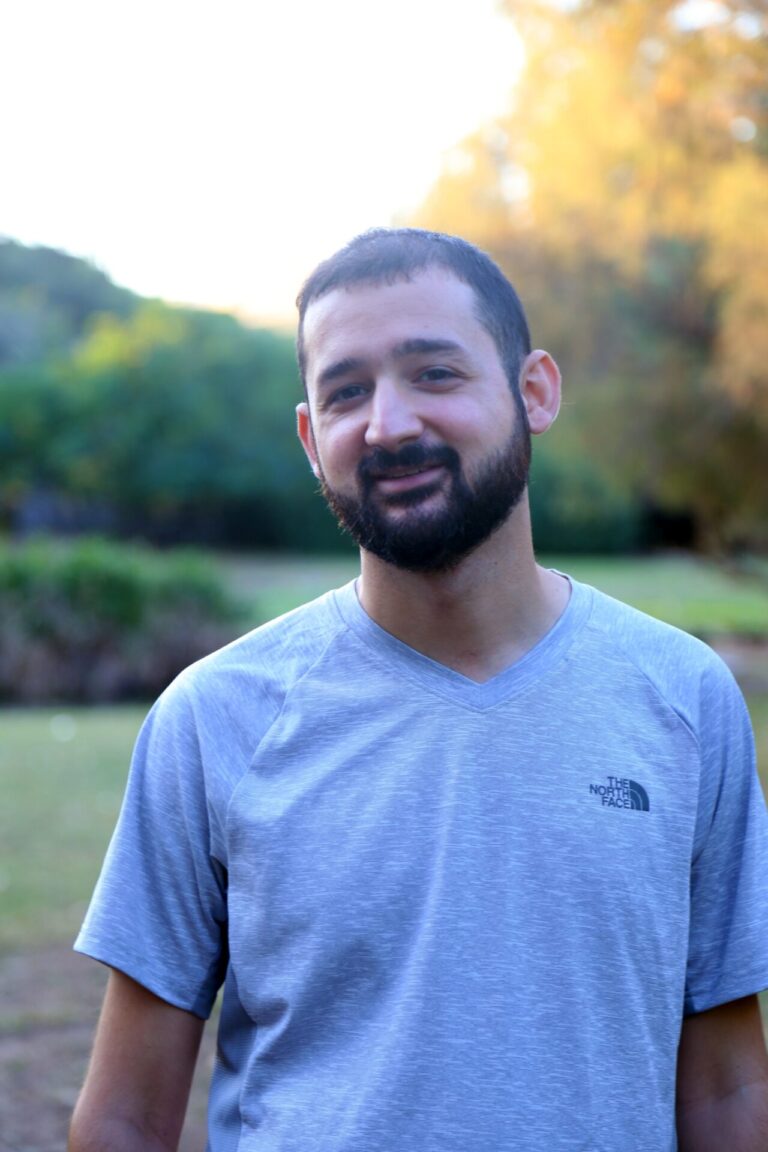
All volunteers with graduate degrees
The project came into being about a decade ago and turned into an NGO in January 2017. It is comprised completely of volunteers with a scientific background. Nissan, for example, is currently completing his PhD on bat genetics at Tel Aviv University, and the content writers come from all scientific fields.
“We have more than 100 regular volunteers at the NGO. Most of them are scientists. And to be a scientist that writes for us about science you need to have at least a STEM master’s degree,” Nissan notes.
The funding for the project comes from private donations, sometimes from the participating scientists, as well as from real-life outreach events surrounding occasions such as international Darwin Day or Space Week.
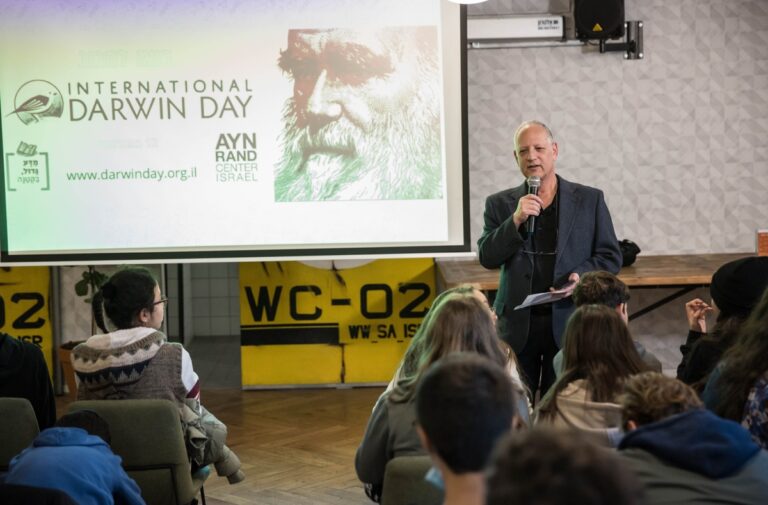
The organization doesn’t shy away from tackling seemingly controversial topics, such as evolution, vaccines, climate change or genetically modified organisms (GMO).
Scientific credibility
“Usually, the response is really good, because we’ve created a name for ourselves as a source with uncompromising and unapologetic scientific credibility,” Nissan says.
“People really love these hot topics. They also really like that we do press reviews – when we see an incorrect publication in the press and explain where the mistakes are. People also enjoy when we publish things that are buzzwords, like quantum computing. Also space, but perhaps less than you’d expect.”
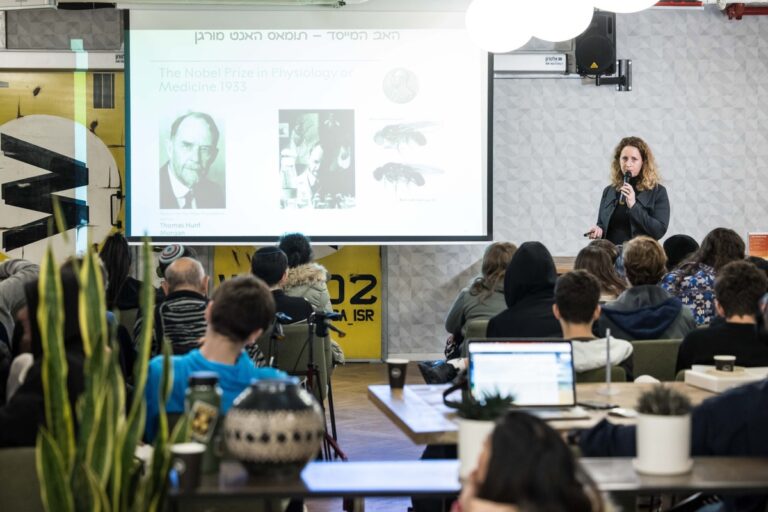
Little, Big Science’s content reaches hundreds of thousands of people across the different platforms each month. And it stands out from other, similar pages in various languages.
“One of the unique things about us is the direct communication the scientists in the organization have with the public. One of the most important things for us is to answer questions,” Nissan explains.
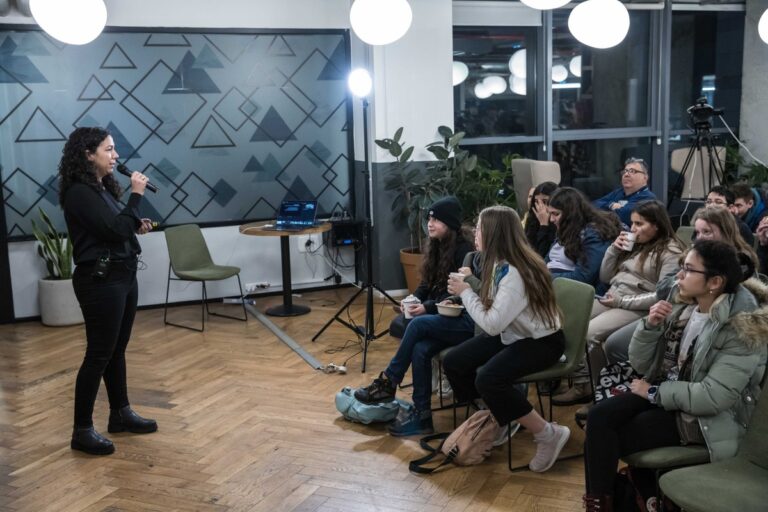
“Most other organizations create content, publish it and then it’s all over. Our followers come to us because they know that when they’ll ask questions, they’ll get answers – and from scientists. They know that they’ll get a reliable answer,” he says.
“That’s very substantial for us, because we believe that this direct contact between the public and scientists is one of the things that can connect people to science and bring them closer to it.”
For more information, click here.















